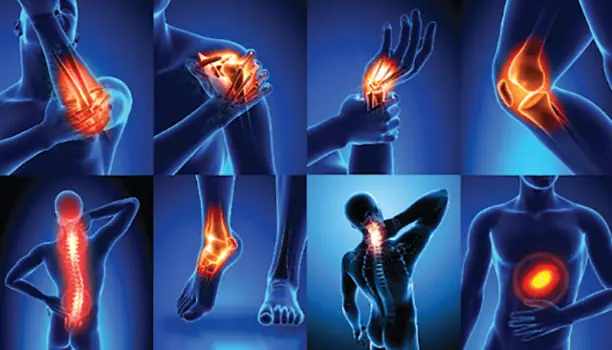
Gluten Intolerance Warning: Eczema and Other Hidden Signs Revealed
Gluten intolerance, often confused with celiac disease, is a growing health concern affecting millions of people worldwide. Unlike celiac disease, which is an autoimmune disorder, gluten intolerance refers to a non-autoimmune reaction to gluten—a protein found in wheat, barley, and rye. Many people with gluten intolerance experience symptoms that are often overlooked or mistaken for other conditions. One such symptom is eczema, a skin condition characterized by itchy, inflamed patches of skin. However, eczema is just one of many hidden signs of gluten intolerance. Understanding these signs can help individuals recognize the condition early and take appropriate steps to improve their health.
Eczema, also known as atopic dermatitis, is commonly linked to allergies and immune system responses. When someone with gluten intolerance consumes gluten, their body reacts negatively, which can trigger skin inflammation and eczema flare-ups. The connection between gluten intolerance and eczema has been increasingly studied, showing that removing gluten from the diet can significantly improve skin conditions in sensitive individuals. Therefore, if you suffer from unexplained eczema or notice your symptoms worsening after eating gluten-containing foods, gluten intolerance may be the underlying cause.
Beyond eczema, gluten intolerance manifests through a variety of symptoms that affect different parts of the body. Digestive problems are among the most common and include bloating, gas, diarrhea, constipation, and abdominal pain. These symptoms occur because gluten can irritate the lining of the gut in sensitive individuals, leading to inflammation and impaired digestion. If these symptoms persist for a long time without a clear cause, gluten intolerance should be considered.
Another hidden sign of gluten intolerance is neurological symptoms. Many individuals report experiencing brain fog, headaches, dizziness, or even mood disorders like anxiety and depression after consuming gluten. These symptoms are often overlooked because they can be attributed to stress or other unrelated issues. However, research suggests that gluten may affect the nervous system in certain people, causing these neurological symptoms. Identifying gluten intolerance in such cases can lead to significant improvements in mental clarity and emotional well-being once gluten is removed from the diet.
Fatigue and chronic tiredness are also common yet subtle signs of gluten intolerance. The body's immune response to gluten can cause inflammation that drains energy and disrupts sleep patterns. Many people with gluten intolerance find themselves feeling exhausted despite getting adequate rest. This fatigue can severely impact daily life and productivity but often goes undiagnosed because it is attributed to busy lifestyles or other health conditions. If you experience unexplained fatigue alongside other symptoms, gluten intolerance might be the culprit.
Additionally, gluten intolerance can cause joint pain and muscle aches. The inflammation triggered by gluten sensitivity can affect the joints, leading to stiffness, swelling, and discomfort. These symptoms can mimic arthritis or other musculoskeletal conditions but may improve significantly after adopting a gluten-free diet.
It's important to note that gluten intolerance symptoms vary widely among individuals, making diagnosis challenging. Many people suffer from multiple symptoms that seem unrelated, which is why awareness of hidden signs like eczema is crucial. If you suspect gluten intolerance, consulting a healthcare professional for proper testing and diagnosis is essential. Blood tests and elimination diets are common methods used to identify gluten sensitivity.
In conclusion, gluten intolerance is more than just a digestive issue—it affects the skin, brain, energy levels, and joints in diverse ways. Eczema is one of the visible warning signs, but other hidden symptoms like digestive problems, neurological issues, fatigue, and joint pain should not be ignored. Recognizing these signs early can lead to better management through dietary changes, ultimately improving quality of life. If you or someone you know experiences these symptoms, reading the full list of gluten intolerance signs and seeking medical advice is a crucial step toward better health.
News in the same category


Proven Health Benefits of Matcha Green Tea: Weight Loss, Cancer and More (Evidence Based)
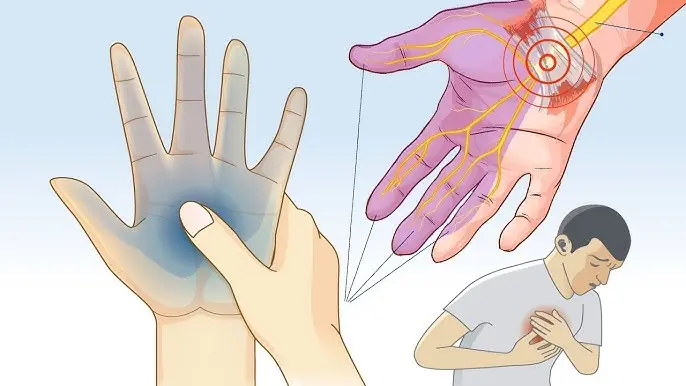
Waking Up with Numb or Tingling Hands: What It Really Means (Science Based)
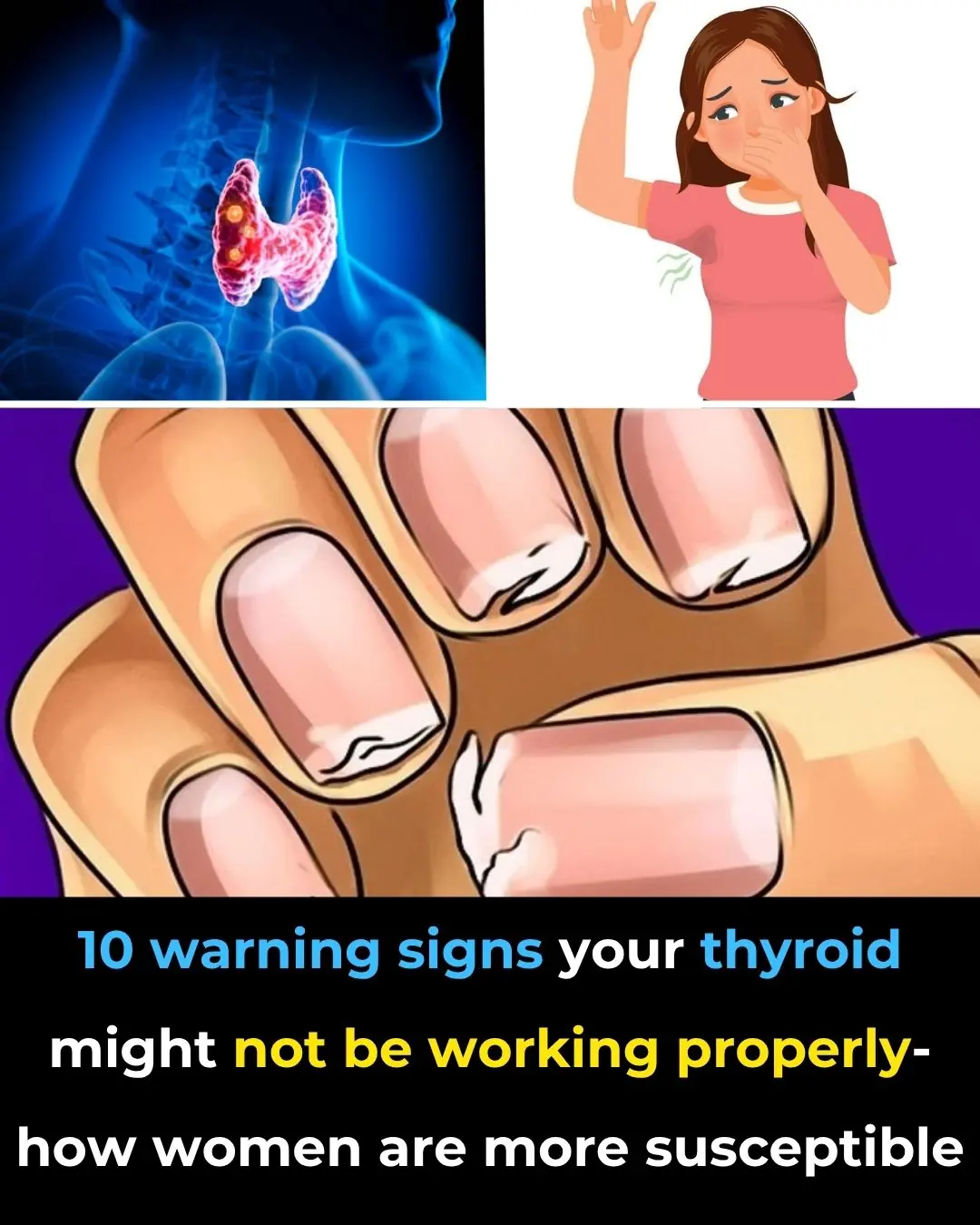
Thyroid Gland: How to Balance Its Hormones

Your Body Is Begging You to Notice These High Blood Sugar Warnings
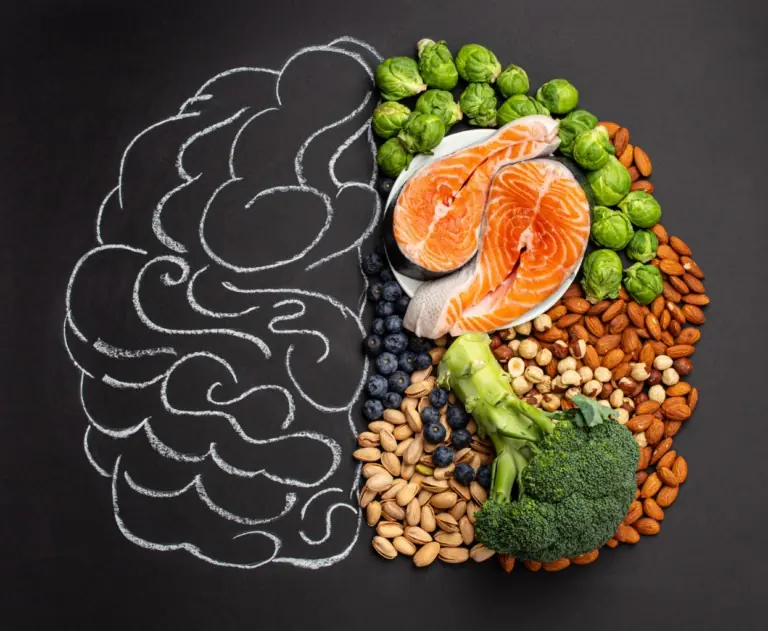
Research Reveals 12 Powerful Foods to Boost Your Brain, Improve Memory, and Make You Smarter

Proven Benefits of Watermelon and Watermelon Juice Including Nutrition Facts (Science Based)

Proven Health Benefits of Okra That Are Based On Science (Including Nutrition Facts)
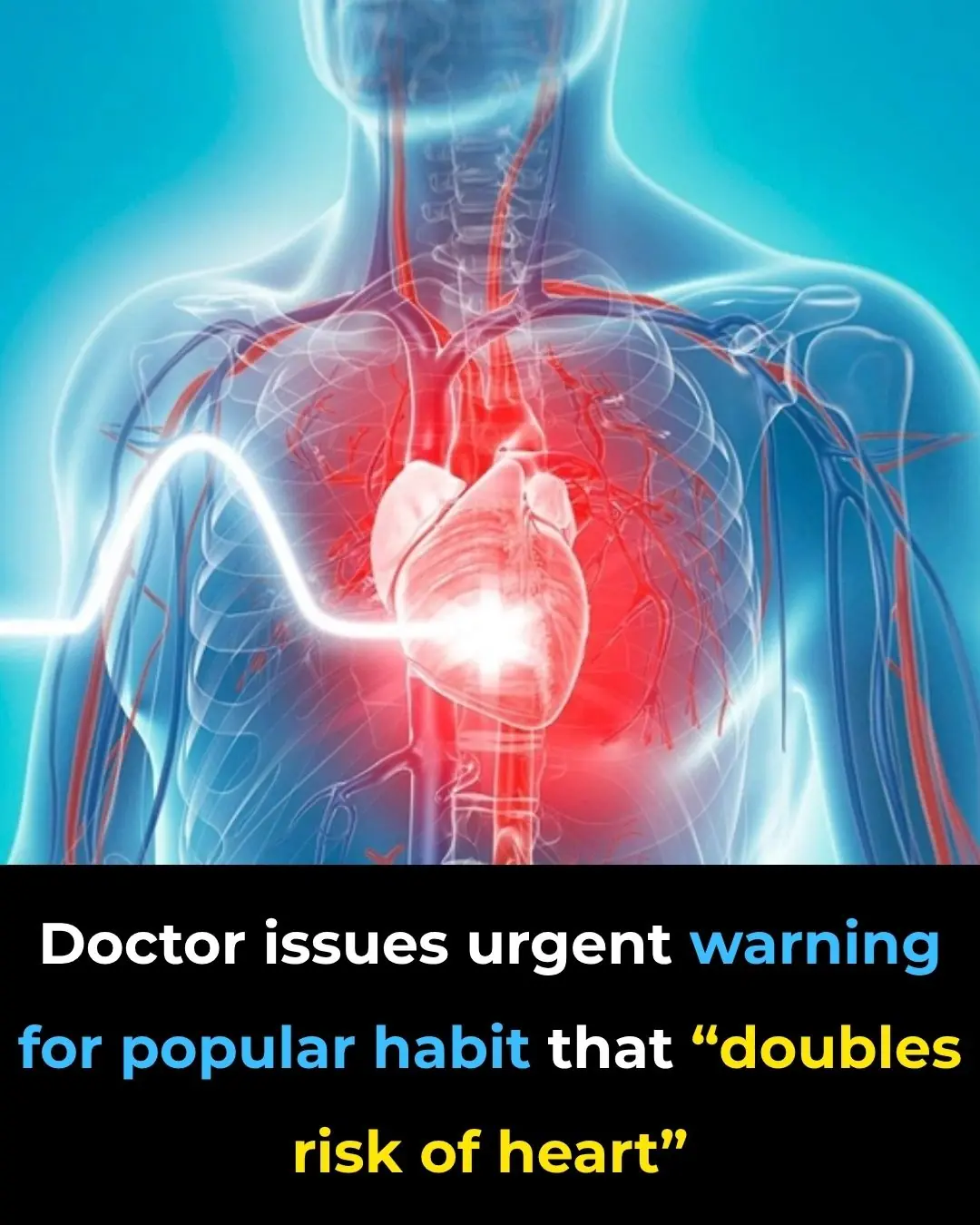
What Causes a Heart Attack? 13 Health Conditions to Watch For
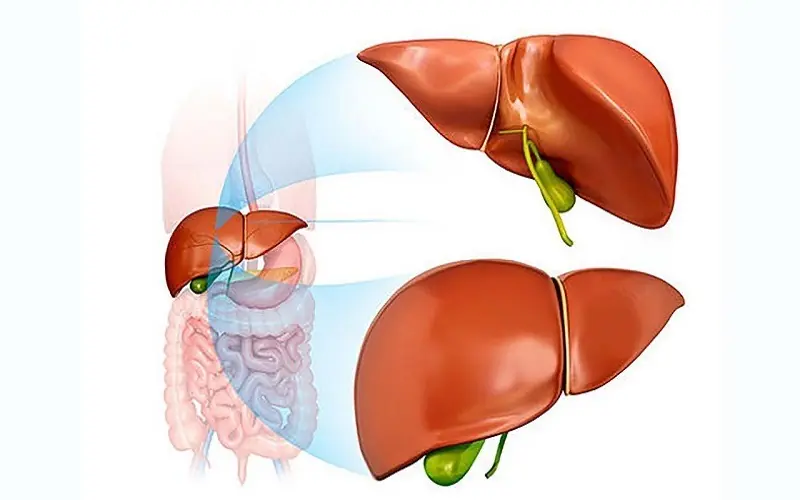
10 Proven Foods to Stimulate Your Liver and Remove Toxins Fast
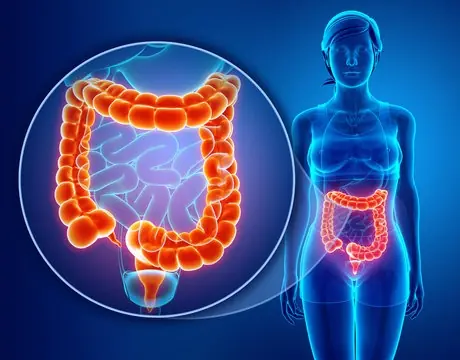
Scientists Reveal How to Cleanse Your Colon Fast Using Just 2 Simple Ingredients
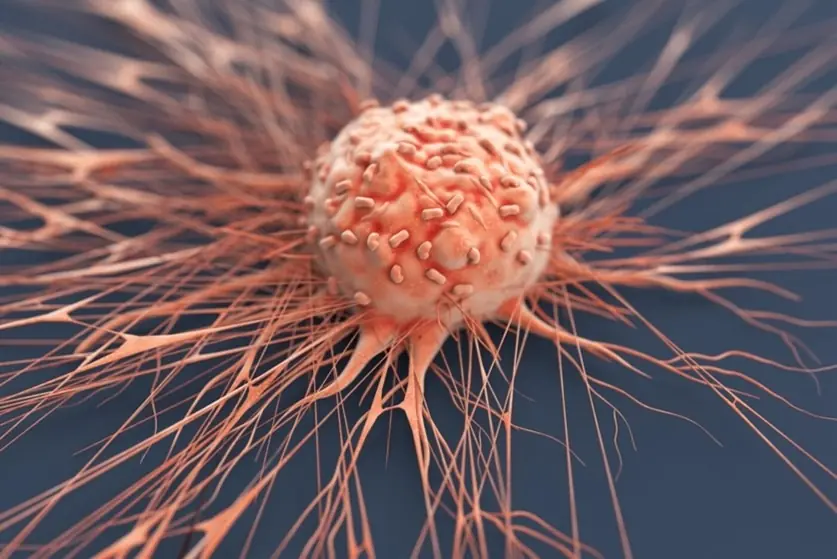
Doctors Urge: Stop Eating These 6 Foods That Fuel Cancer Growth
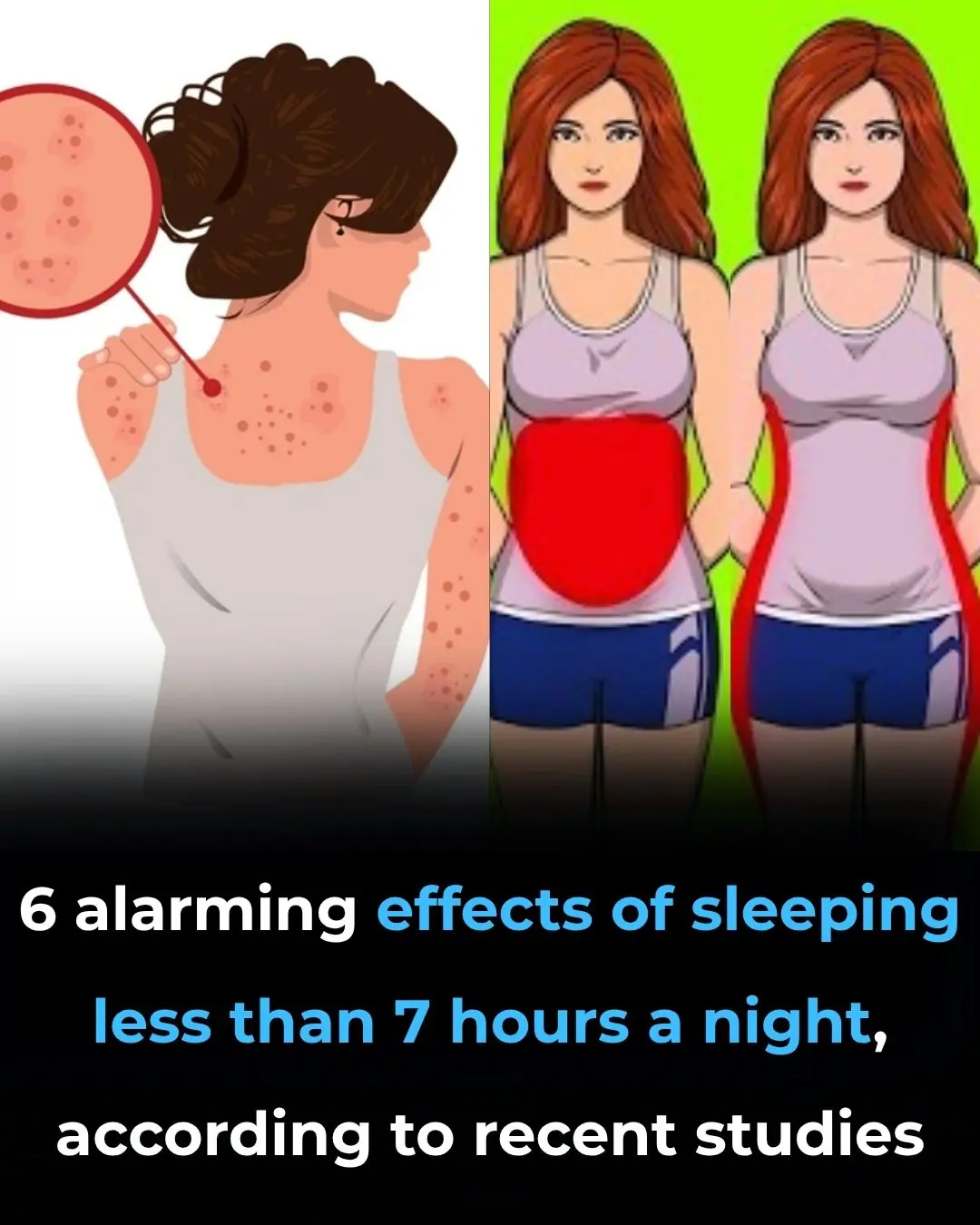
Sleeping Naked: 8 Surprising Benefits
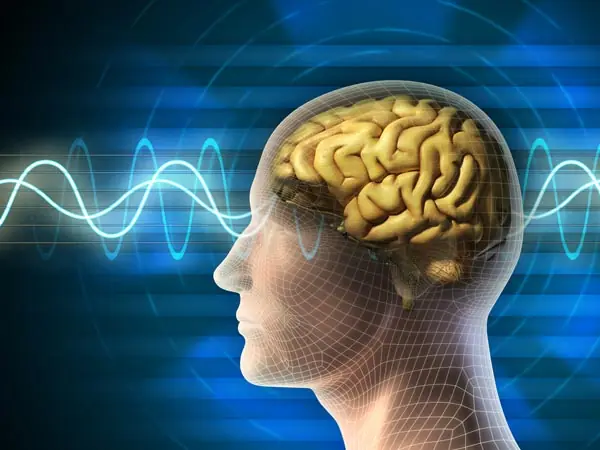
8 Habits That Could Damage Your Brain (According to Research)

What Causes Belly Fat: Foods that Cause Belly Fat and Other Causes of Belly Fat
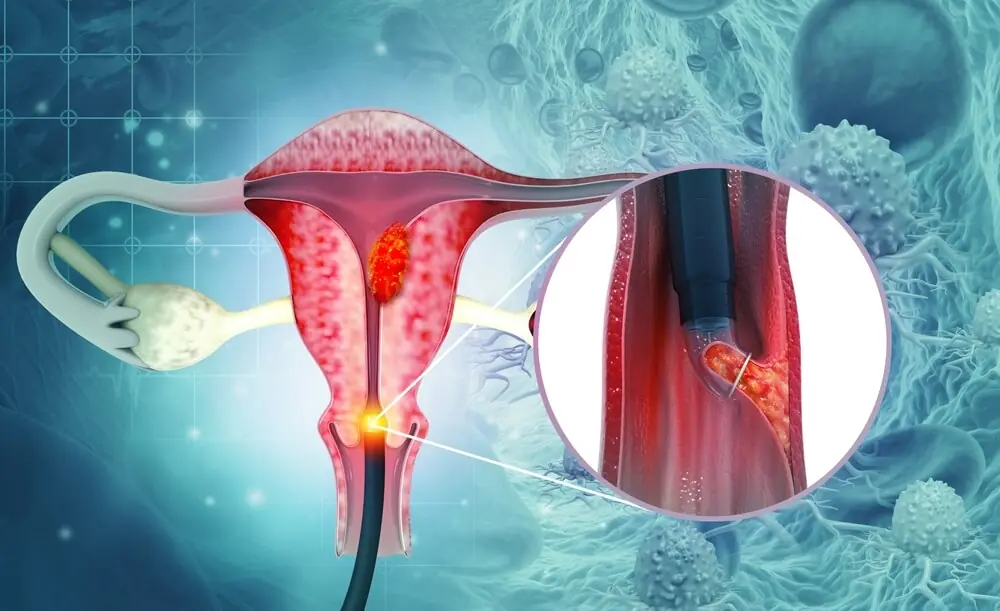
10 Warning Signs of Cervical Cancer You Shouldn’t Ignore

4 Common Causes of Body Pain on the Right Side
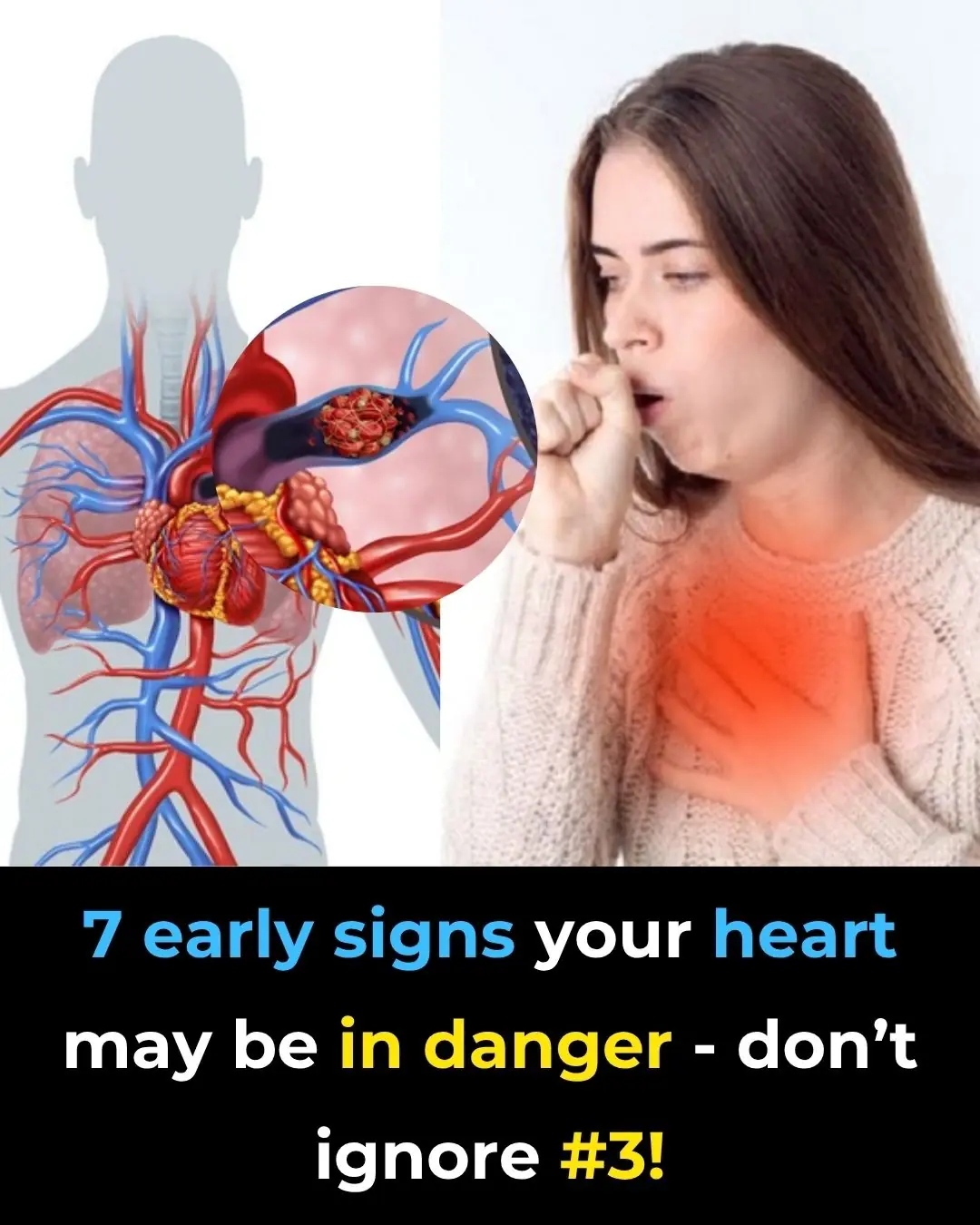
7 Early Signs Your Heart May Be in Danger – Don’t Ignore #3!

Discover the Power of Rosemary: Nature’s Potent Pain Reliever & Healing Herb
News Post

Proven Inflammatory Foods to Avoid According to Science

A Quiet Act of Kindness That Restored My Faith in Humanity.

Proven Health Benefits of Matcha Green Tea: Weight Loss, Cancer and More (Evidence Based)

A Boy Named Shayden Just Wanted One Thing: A Friend — Can We Help?

Waking Up with Numb or Tingling Hands: What It Really Means (Science Based)

My MIL Kicked My 6-Year-Old Daughter Out of My Nephew’s 7th Birthday Party – When I Found Out Why, I Had to Teach Her a Lesson

One Day My FIL Snapped, 'Did You Forget Whose House You're Living In?' — I Felt Humiliated and Had to Str!ke Back

Amazon's forgotten $500,000,000 deal that 'killed' Toys 'R' Us in 'cruel' move

The real reason why nobody has ever found human remains inside the Titanic wreckage

My Parents Kicked Me Out for Refusing to Attend Their Dream College — Five Years Later, They Got a Lesson They’ll Never Forget

I Thought My Daughter Was Just Going Through a Phase, but Her Journal Exposed a Truth I Wasn't Ready for – Story of the Day

Scientists Reverse Aging of a 53-Year-Old’s Skin Cells to That of a 23

Thyroid Gland: How to Balance Its Hormones

Your Body Is Begging You to Notice These High Blood Sugar Warnings

Research Reveals 12 Powerful Foods to Boost Your Brain, Improve Memory, and Make You Smarter

The Dog Who Never Ran Away Again.

Officer’s Quick Fix Turns Routine Call into a Viral Moment of Kindness.

My son brought a psychiatrist home to have me declared legally incompetent.
